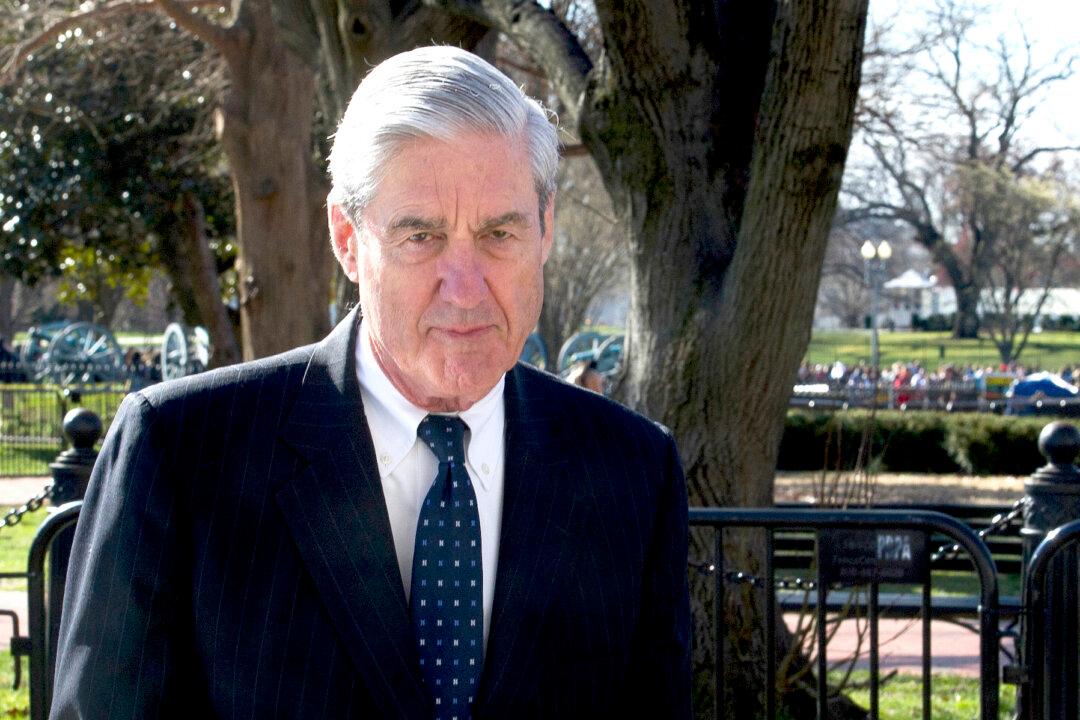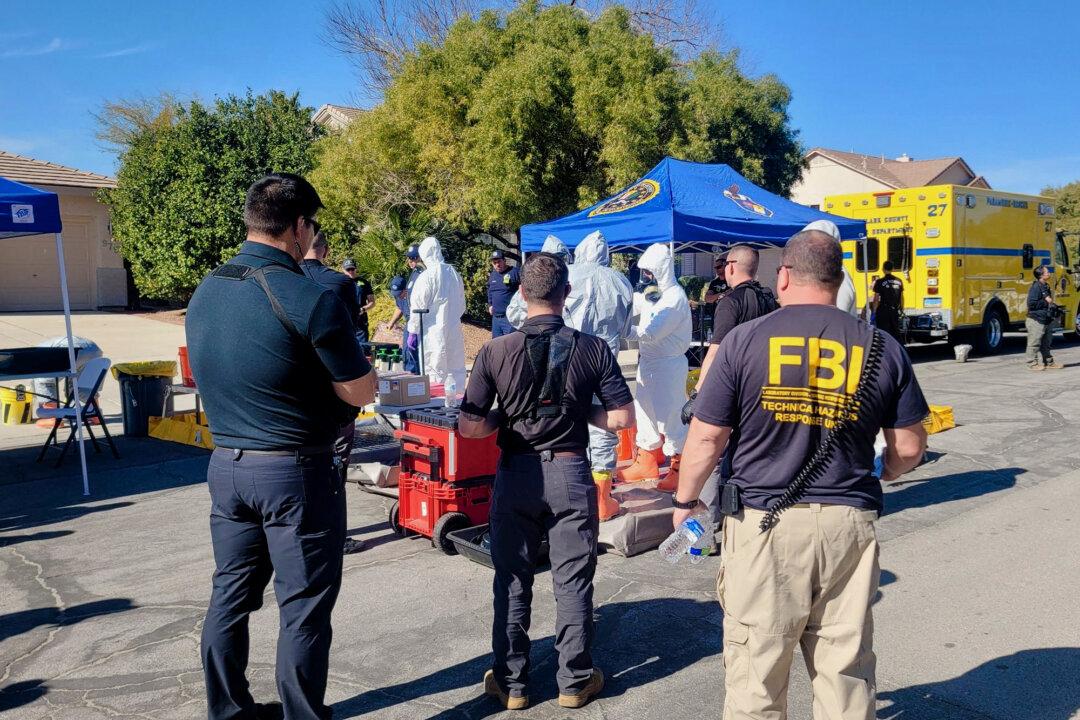WASHINGTON—U.S. Special Counsel Robert Mueller, who issued a report in April following his 22-month investigation into Russian interference in the 2016 election, will testify in open session before the House of Representatives Judiciary and Intelligence Committees on July 17, the panels’ Democratic chairmen said on Tuesday, June 25.
Representative Jerrold Nadler, chairman of the judiciary panel, and Representative Adam Schiff, head of the intelligence panel, said in a joint statement that Mueller had agreed to testify after the two committees issued subpoenas on June 25.





